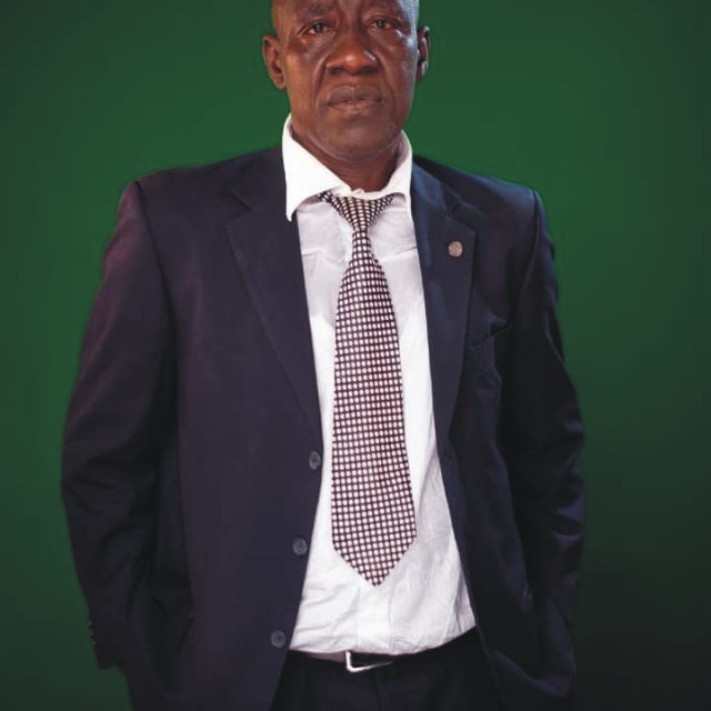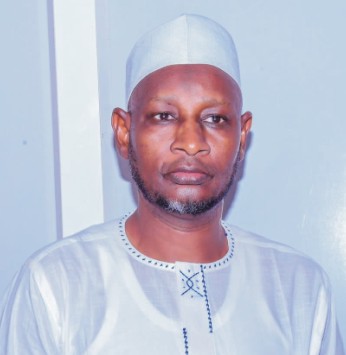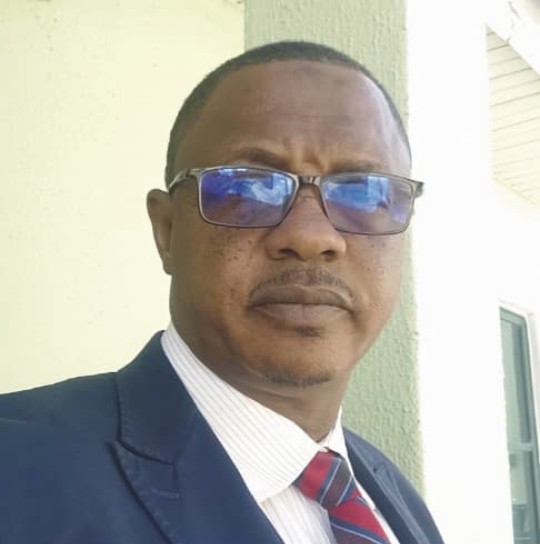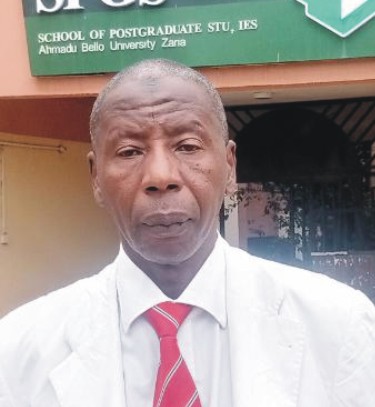
Many of my readers or those who have the time to read my post with the above heading have likely noticed my request for ideas or input on how to stop the problem of Kano Pillars’ youth teams’ players being neglected.
In the aforementioned article, I described how the youth teams of the Kano Pillars Football Club are pleading with the governor, his sports commissioner, and the club chairman to help them.
I recall reading in the aforementioned article that the four Kano Pillars Junior team members—the Junoir Pillars, the Under-19, Under-15, and Under-13 players have petition the state government to step in and ease their extreme suffering.
According to the players, they have been forced to attend their clubs’ training sessions but have received no compensation or appreciation for their efforts.
They further stated that even though they don’t expect salary from the team but something however small will have been appreciated.
After that, they pleaded with the government to assist them by authorizing anything that would cover their other costs, including transportation.
Then, because Kano Pillars FC is losing players to other teams for free, one of the players warned the club management to take action by creating something that would restrain the players.
The significance of the material prompted me to ask nearly everyone who mattered for advice on how to handle the issue, but regrettably, very few of them have replied.
However, I am confident that their hectic schedules had something to do with their failure to respond to this crucial matter.
Here are the opinions of individuals who contributed regarding the struggles of the Kano Pillars Junior teams:
Ibrahim Gwadabe is the chairman of Kano State Football Coaches and has this as his contribution to that effect:-

One of the solution is for the government to ensure these youth team of Pillars are having a budget estimate for every year and ensure strict compliance with financial regulations in the implementation of the financial year of each of the teams.
Also each team should have reasonable number of technical and supporting staff in its payroll. The management of Pillars should ensure transparent release of fund to each team.
All the teams should ensure only players within age category are recruited and player’s ownership should be with pillars not any other individual and all players should be registered under FIFA connect so as to have full ownership of the players.
Coaches to be employed for the teams should have full certification and knowledge on youth football development.
Muhammad Salisu Rabiu, former chairman of Kano State Sports Writers Association, former National Vice Chairman North, Sports Writers Association, Ex-Radio Kano and Ex-VOA staff who is now staff of Bayero University Kano has this to say:-

Honestly, the government needs to be very serious about Pillars and other sporting events.
My advice to the government is, if they are not going to fund Pillars adequately then they should disband it and stop wasting people money without tangible results.
Other states’ own teams are better managed and cared than Kano Pillars Football Club. Am sick and tired of government lackadaisical attitudes towards sports in Kano.
My conviction is that if government is serious all the problems will go. They should appoint serious people at the management level, who can knock any office door at NPFL and NFF but not novice whom are not good enough to lead the team to achieve the desired goals.
Muhammad Mansur Ibrahim was the ex-Scribe of the Kano State Chapter of the Sports Writers Association of Nigeria and now the National Vice Chairman of the Sports Writers Association of Nigeria he has this:-

Sir I am afraid whatever you will do or say here will not Change anything as far as I know, just wish you best of luck. This situation will not change until we start putting square pegs in square holes.
Sports is a profession and also a subject which equally needs experts or those who studied to run and manage it.
Ahmad Mukhtar Zico is a Kano State Football Association member, chairman Protocol Committee KSFA, former Kano Pillars Football Club management Committee member that brought Kano Pillars back to Premier league has this to say:-

To me, the government needs to do something swiftly to save these teams from the awful hardship they are enduring.
This is because the teams are legally required to provide the senior squad with young, talented players in order to cut down on the amount of money spent on player acquisition during the league or at the conclusion of each football season.
Only a significant sum of money, such as N10 million every session, should be distributed by the government to people it can trust, enabling the teams to attend to their demands.
Since thousands of Kano State indigent people will receive something to meet their needs, doing so will benefit the state, Kano Pillars, and the entire nation.
Additionally, Kano Pillars will produce young players on an annual or quarterly basis to cover any voids left by injury or other unanticipated circumstances.
Doing that will all make many more players to secure places in other teams in other states or possibly national teams.
By securing spots on other teams, these junior team players will be sold to other teams nationally or internationally which will bring in more money for the government.
Bashari Ahmad Maizare PhD is the former Director in the Kano State Sports Commission and has this as his contribution.

It was the Nigerian Professional Football League (NPFL) that initiated and structured youth leagues to foster talent development and ensure a steady progression of players into senior teams.
NPFL U-17 or 19 Youth League
Establishment and Management: The NPFL U-17 or 19 Youth League was launched in the 2023/24 season. A seven-member organizing committee, chaired by Pastor Emeka Inyama, oversees its operations.
The league’s objective is to serve as a feeder system for NPFL clubs and to prepare players for national youth teams.
Participation and Structure: Participation is mandatory for all 20 NPFL clubs, as stipulated by the Club Licensing Regulations. The league commences with zonal qualifiers held in five centres: Lafia (North Central), Kaduna (Northwest and Northeast), Ekiti (Southwest), Enugu (Southeast), and Port Harcourt (South-South). These qualifiers lead to a national championship playoff.
Eligibility and Regulations: Players must be under 17 years of age, verified through MRI screening to prevent age falsification. Strict penalties are imposed on clubs that violate age eligibility rules.
Incentives and Development: Top performers are selected for an NPFL All-Star team, which embarks on international tours, such as to Spain, providing exposure to advanced training methodologies and enhancing their development.
Certainly! Based on FIFA Club Licensing guidelines and global best practices, here’s a structured framework for how African clubs can best manage their three youth teams (U-13, U-15, U-17) effectively throughout a season:
1. STRUCTURAL ORGANIZATION
A. Youth Development Department
- Head of Youth Development (HYD): Oversees all youth activities, reports to Technical Director or Sporting Director.
- Youth Team Coordinators: One each for U-13, U-15, and U-17 squads.
- Administrative Secretary: Manages registration, fixtures, travel, and logistics.
- Academy Psychologist & Welfare Officer: Ensures emotional well-being and holistic development.
2. TECHNICAL CREW PER TEAM
- Head Coach (UEFA/CAF C minimum)
- Assistant Coach (for development drills & education)
- Goalkeeper Trainer (shared across youth squads)
- Fitness/Conditioning Coach (shared)
- Team Doctor/Physiotherapist
- Nutritionist (if possible)
3. PLAYER WELFARE & MOTIVATION
A. Basic Welfare:
- Medical Insurance: Compulsory for all youth players.
- Schooling Support: Clubs partner with local schools or run their own academy.
- Daily Feeding & Transport: Especially for U-13 and U-15, often from underprivileged backgrounds.
- Kits & Equipment: Full yearly provision (jersey, boots, bags, balls, etc.)
B. Stipends/Allowances:
- U-13: Transport & refreshment stipends (non-salary-based).
- U-15: Small monthly allowance (motivation, not salary).
- U-17: Structured monthly stipends or part-time academy contracts (legal minimum wages if permitted).
- Top Performers: Match bonuses, scholarships, or promotions to higher categories.
4. SEASONAL PLANNING & MATCHES
A. Training Program:
- Weekly schedules aligned with age and academic commitments.
- U-13: 3 sessions/week (after school)
- U-15: 4 sessions/week
- U-17: 5 sessions/week + match day
B. Competitions:
- Internal Development Leagues: Run by clubs or federations.
- Zonal & National Youth Leagues: Coordinated by the federation.
- Invitational Tournaments & School Sports Festivals.
- International Exposure Matches: For U-17s, if resources allow.
5. MONITORING & EVALUATION
- Monthly Reports on player progress (technical, physical, academic).
- Quarterly Talent Assessments: Using objective KPIs and video reviews.
- Annual Progression Review: Promoting top players to the next category or U-17 to senior team training.
6. MOTIVATIONAL SYSTEM
- “Star of the Month” Recognition: Certificates, small gifts, or kit rewards.
- Pathway to Professionalism: Showcase players signed to senior teams or scouted abroad.
- Mentorship: Senior team players assigned as mentors to youth players.
7. COLLABORATIONS
- Partner with schools and local councils for education and community support.
- NGOs or CSR Funds to support underprivileged kids.
- CAF/FIFA grants for youth development.
Lastly, to succeed, African clubs must treat youth teams not as charity, but as strategic investments. Strong foundational development means long-term sustainability, talent production, and revenue via transfers or performance.
With the above the government needs to do what is expected to solve Junior Pillars problems.
